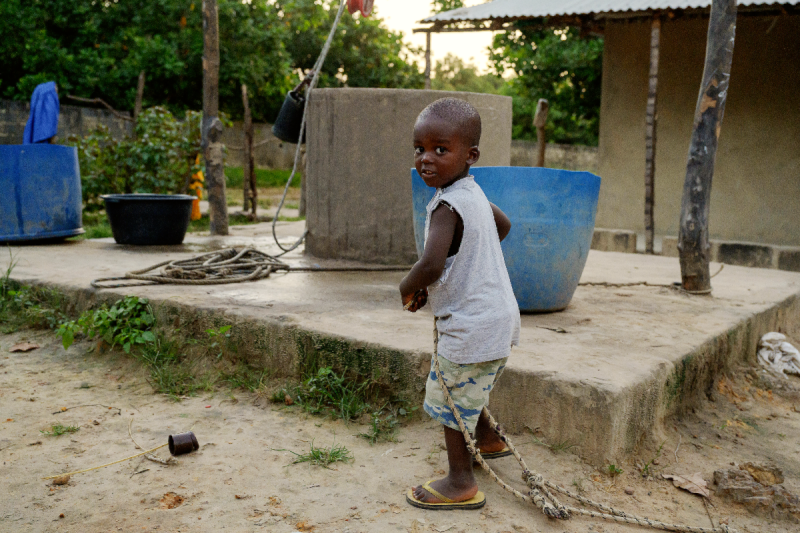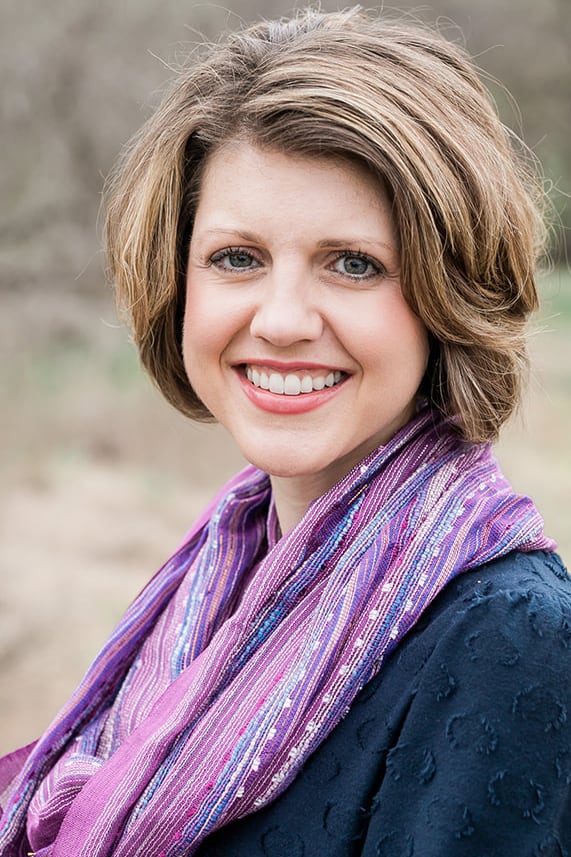Why Water Really Matters for People in the Toughest Places
By Amanda DeWitt

For people in the toughest places, safe, clean water is a precious commodity. Families often spend hours searching for it each day. And when they cannot find it, they may be left with no choice but to drink dirty water — knowing it could make them sick.
How can something so freely available for some be so scarce for others around the world? Here are five tough questions about water answered.
Do most people have clean water by now?
One in four people worldwide lacks access to safe, clean water. This is about 2 billion people. And nearly half of the world’s population does not have access to basic sanitation.
The numbers are shocking. It can be easy to wonder why we have not made more progress. Most people in the developing world do not have the water they need. The infrastructure simply does not exist. There are not enough water wells to service everyone in need — especially in rural areas.
In fact the lack of clean water and sanitation represents the most significant source of suffering on earth. Approximately 829,000 people die from this problem every.
Why does it matter where your water comes from?
It can be easy to assume water from lakes and other open sources are safe for human consumption. But that simply is not the case. Most open sources of water are contaminated by animals or contain deadly waterborne pathogens.
Drinking water from an open source, hand-dug well, or area shared by animals exposes people to dangerous diseases like cholera, typhoid, and dysentery. These diseases can cause fever, dehydration, and even death.
The dangers extend beyond drinking. Cooking, washing, or bathing in contaminated water can also expose individuals to disease.
How do wells protect people from waterborne diseases?
Water wells are designed to draw clean water from deep underground. A properly drilled well is sealed to ensure contaminants from the surrounding soil do not seep into the water. This also protects the well from collapsing on itself during flooding or extreme temperatures. A fence may be added to protect the well from animals in certain areas.
Before a well is opened for public use, the water is tested for pathogens to ensure it is safe from drinking. When needed a filtration or water treatment system can also be installed.
Why does it cost so much to drill a well?
At Unto® we work in the toughest places, where very few people have access to safe, clean water. Getting into these places is difficult. It costs more to survey the area and position a drilling rig in unreached areas.
The depth of the well also matters. Many times our teams have to drill down 50 to 100 meters before hitting water. They install a hand pump for easier use and a concrete base, seal, and drain to ensure the well lasts for years to come. Finally they train local villagers to maintain and repair the well as needed.
It may seem to cost a lot to drill a well, but each water well we drill or repair serves at least 500 people — and often many more. When you look at the total number of people served, the cost per person is quite low.
What makes Unto’s wells distinct?
Not only do we drill deep water wells in tough places where people have little-to-no access to clean water, we also work alongside local staff teams to complete the work.
As the humanitarian ministry of Cru®, with staff members mobilized in over 190 countries, we can get into areas many other organizations cannot reach. We work with trained ministry teams to identify areas where people need water most.
But that is just the beginning. At every well opening ceremony, our local teams and church partners share the message of eternal hope. Many times new churches are established near the new well. The gift of clean water transforms lives and communities physically and spiritually.
Provide TWICE the Clean Water for Families
One in four people worldwide lacks access to safe, clean water. This year Unto is drilling 74 new clean water wells and repairing 83 wells in 17 countries. Every dollar you give to help fund these projects will be DOUBLED by matching funds to provide safe, clean water and opportunities for people to hear about Jesus.
Published July 28, 2023

Amanda is a freelance writer whose work has appeared in Gift for Leadership, Kindred Spirit, and Christianity Today publications. She holds a M.A. in Media and Communication from Dallas Theological Seminary.





